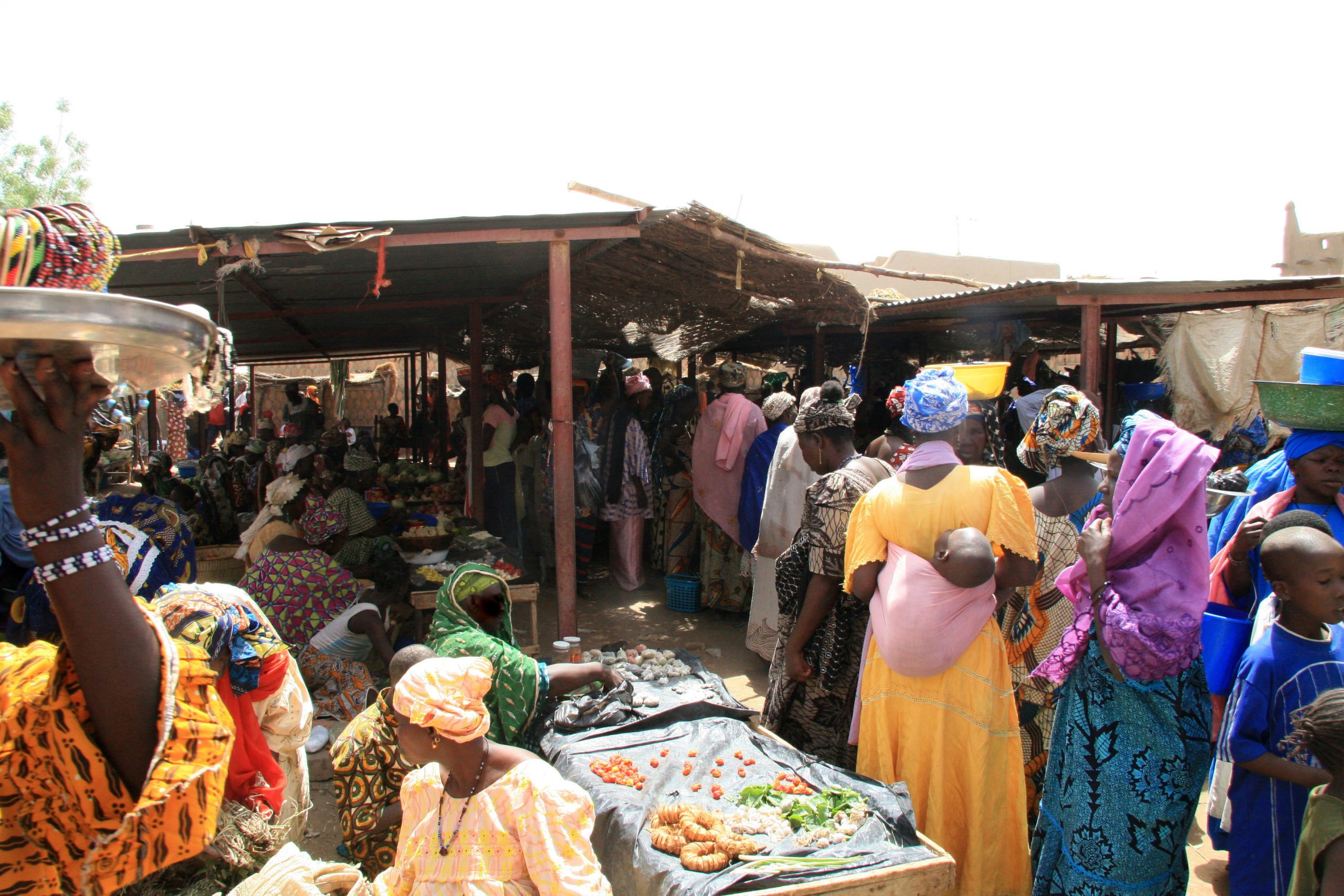
In a bid to accelerate development and meet urgent social needs, Mali’s transitional government and business leaders gathered on Monday for a high-level consultation aimed at tackling structural obstacles to growth.
The meeting, held in Bamako and chaired by Prime Minister Major General Abdoulaye Maïga, marked the seventh monthly session between public authorities and the private sector.
It focused on evaluating the implementation of an action plan designed to address the population’s basic needs while reviewing progress on key structural reforms.
Despite the backdrop of persistent security challenges across the country, both sides expressed optimism about the future of their collaboration.
According to the Prime Minister’s Office, the dialogue allowed for the removal of several bottlenecks hampering reform and helped define concrete, sector-wide solutions to reinvigorate economic activity.
“We welcome the resilience of Mali’s private sector in the face of adversity,” said Prime Minister Maïga.
“Their commitment is vital in ensuring stability and national development, especially at this critical juncture.”
The meeting highlighted the government’s strategy of maintaining close cooperation with business leaders as it navigates a complex landscape marked by regional insecurity, inflation, and a fragile supply chain.
The government reiterated its commitment to fostering a conducive environment for private investment and inclusive growth.
Private sector representatives voiced support for the government’s approach, but also emphasized the need for predictable policy frameworks and swift implementation of reforms to restore investor confidence.
While no specific measures were publicly disclosed following the session, participants agreed to maintain momentum through ongoing dialogue.
Observers say these regular consultations have become a cornerstone of Mali’s transitional agenda, aimed at building trust and reinforcing public-private partnerships amid national reconstruction efforts.
With the country still facing major economic and security hurdles, Mali’s leadership sees the private sector not just as a contributor, but as a co-architect of long-term stability and prosperity.



